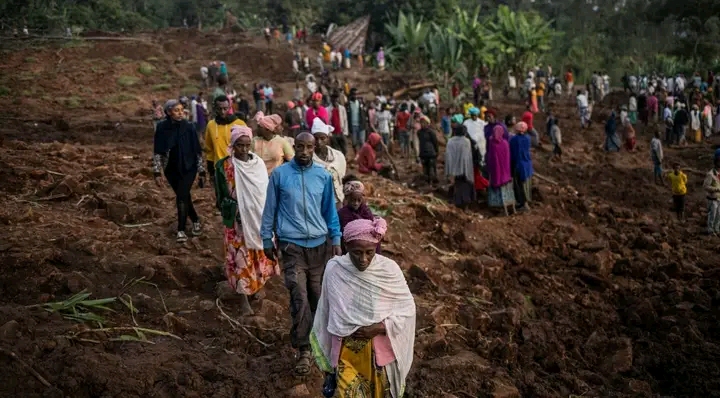
Southern Ethiopia has been struck by two devastating landslides, resulting in a staggering death toll that continues to rise. The Gofa Zone, a remote region in the country’s south, has been the epicenter of this natural disaster that has left the nation in mourning.
The first landslide, triggered by heavy rains, occurred on Monday in the Kencho-Shacha locality of the Gofa Zone.
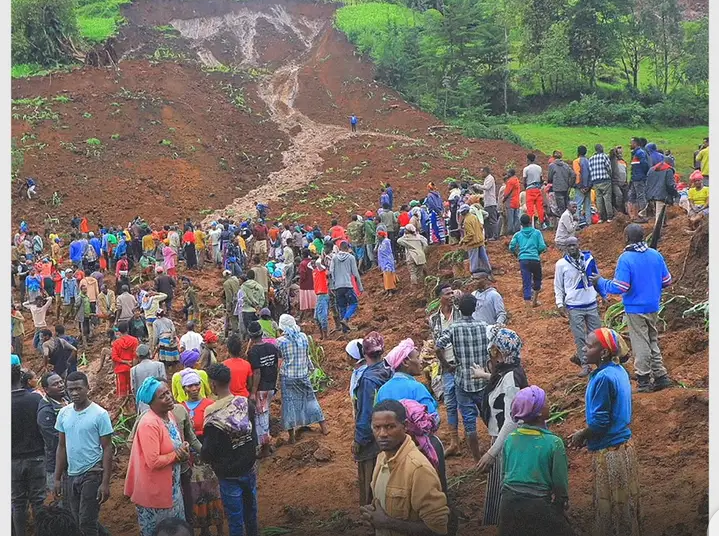
As residents and rescue workers rushed to the scene to help those affected, a second landslide struck, burying many of those who had gathered to assist.
- The List of Foreign Leaders Invited to Attend Donald Trump’s Inauguration 2025 Sparks Global Discussion
- WNBA Star Reveals Making Millions on OnlyFans After Leaving Basketball
- “Where is Our Governor?” Susan Kihika Finally Reveals Why Kenyans Are Not Seeing Her
- 40 Nigerian Farmers Killed in Latest Terror Attack
- 7 Best Passive Income Ideas In 2025: Your Free Path to Financial Success.
This double tragedy has resulted in a significant loss of life, including local administrators, teachers, health professionals, and agricultural workers who were at the forefront of the rescue efforts.
According to the latest reports from the United Nations Office for the Coordination of Humanitarian Affairs, the death toll has risen to 257 and is expected to nearly double.
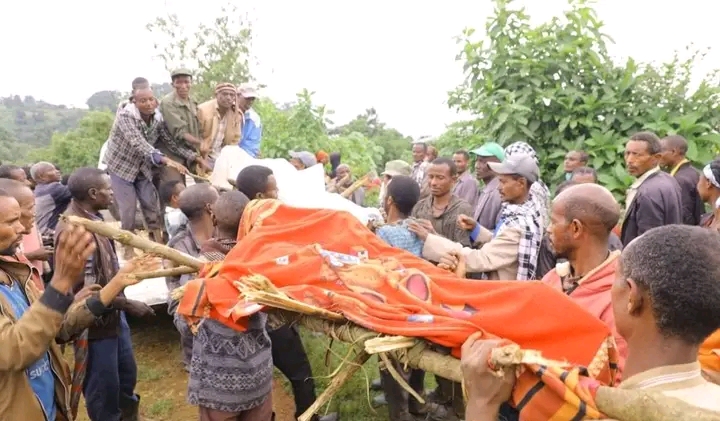
The local Communications Affairs Department stated that at least 148 men and 81 women have been confirmed dead. Alemayehu Bawdi, a Southern Regional State representative, confirmed the ongoing search and rescue efforts, highlighting the race against time to find survivors.
The Ethiopian Broadcasting Corporation (EBC) reported that five people were pulled alive from the mud and are receiving medical treatment. However, the grim reality is that many more remain missing, with fears that the death toll could climb to as high as 500.
The international community has responded with an outpouring of sympathy and support. World leaders, including Russian President Vladimir Putin, South African President Cyril Ramaphosa, and UN Secretary-General António Guterres, have offered their condolences to the families of the victims and the people of Ethiopia.
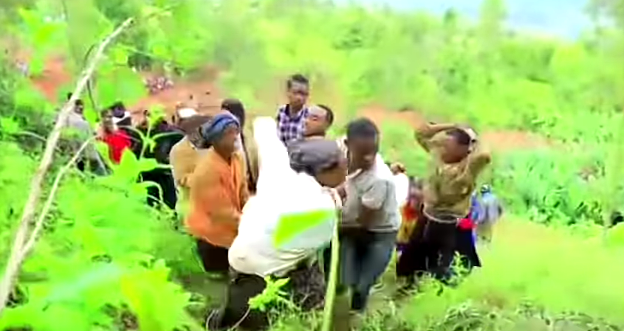
Rescue operations are ongoing, with teams working tirelessly to locate survivors and recover bodies. The task is daunting, with rescuers reportedly using their bare hands to dig through the mud and debris in the remote, mountainous area.
The WHO Ethiopia team has been deployed to support immediate health needs in the affected region. However, the scale of the disaster poses significant challenges for relief efforts, particularly given the remote location of the Gofa Zone.
This tragedy comes at a time when Ethiopia is already grappling with other crises, including the aftermath of the Tigray war and an ongoing cholera outbreak in parts of Africa.
The landslides serve as a stark reminder of the vulnerability of communities to extreme weather events and the urgent need for improved disaster preparedness and response mechanisms.
As the nation mourns and the world watches, the focus remains on the ongoing rescue efforts and the hope of finding more survivors.
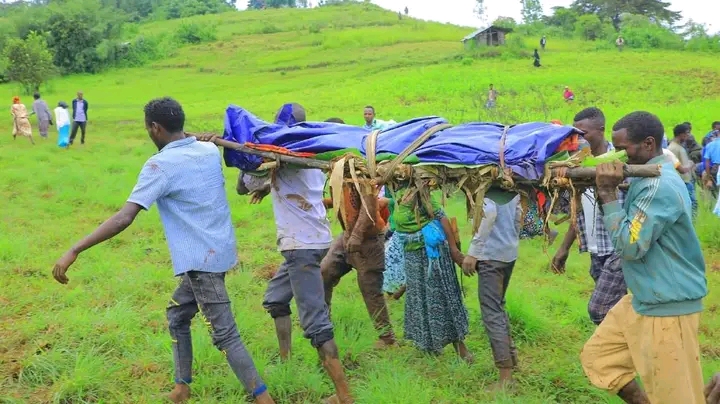
The coming days will be crucial as authorities work to provide aid to the affected communities and begin the long process of recovery and rebuilding in the wake of this devastating natural disaster.
